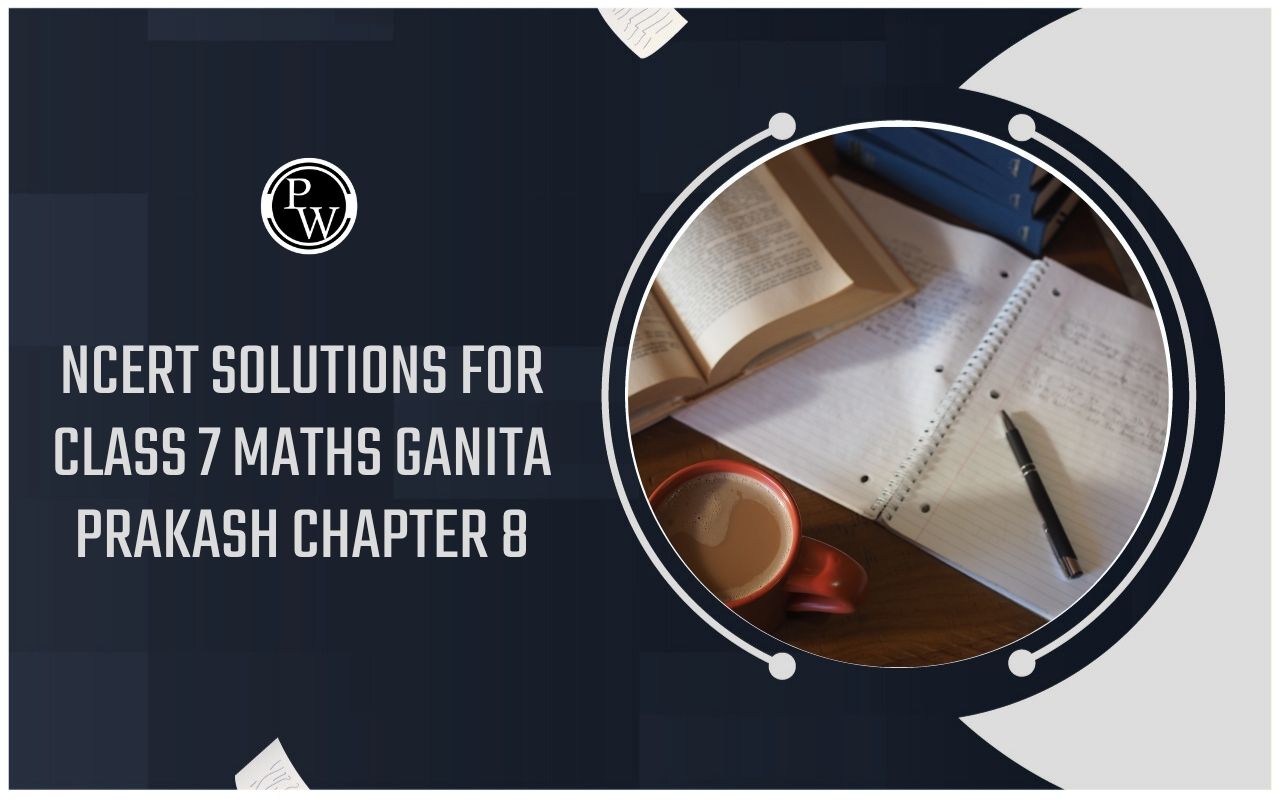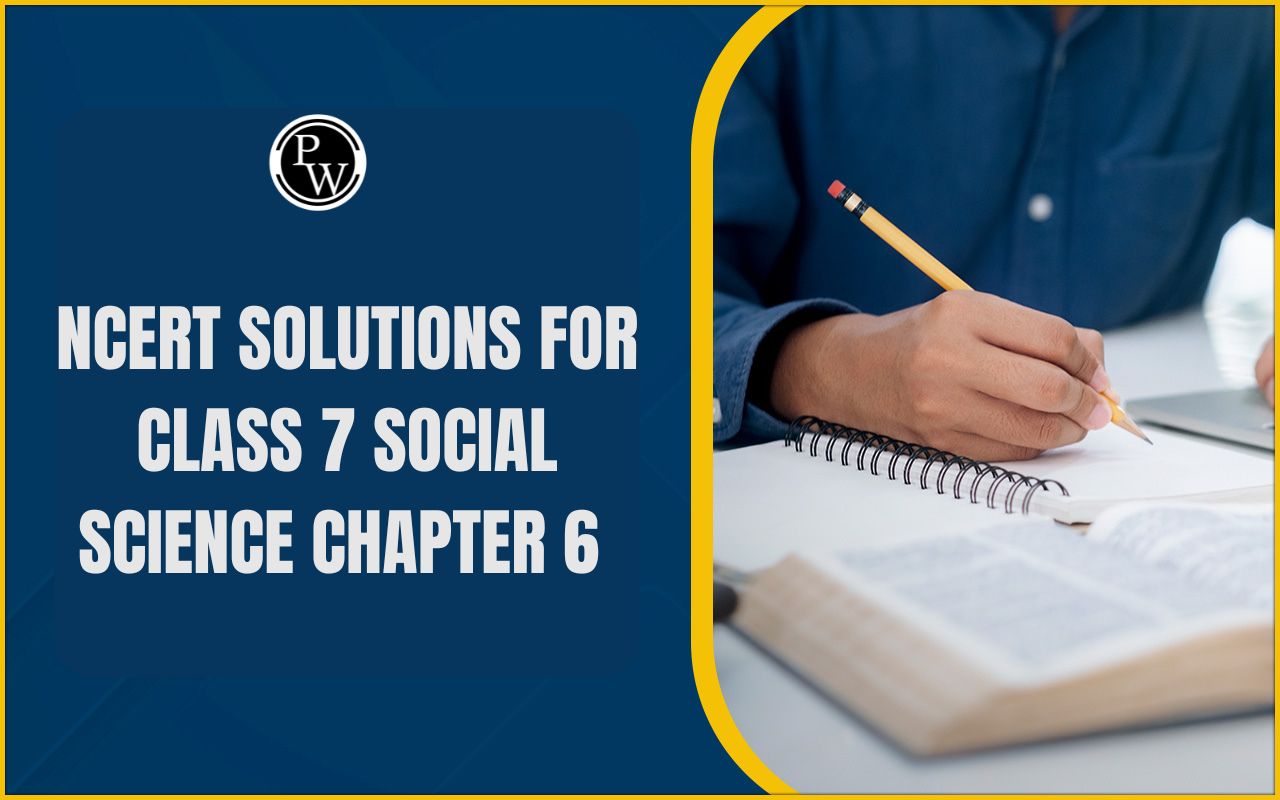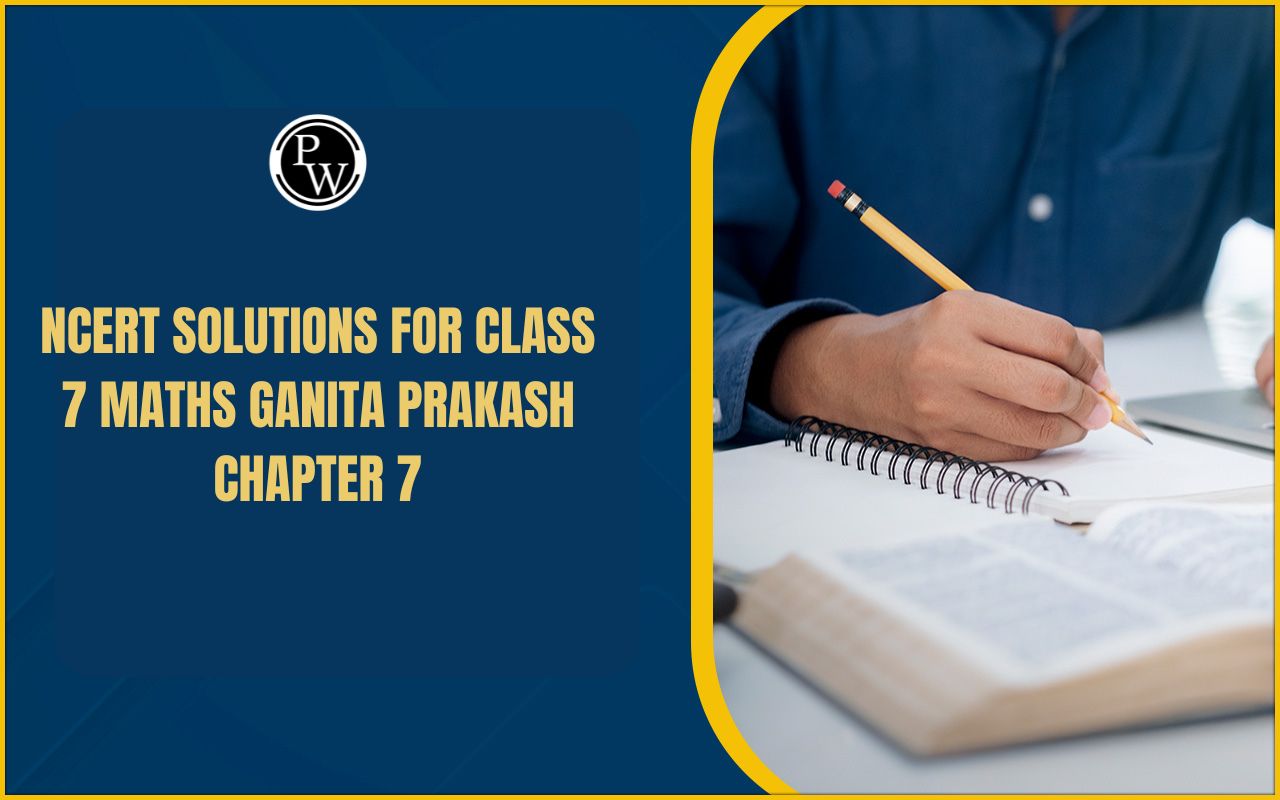
CBSE Class 7 Social Science History Notes: CBSE Class 7 Social Science History Notes help students learn about the past in an easy way. These notes cover topics like ancient civilizations, kings and queens, and the struggle for freedom.
They explain things like how people lived long ago, important events that happened, and how our country changed over time. By reading these notes, students can understand more about our history and why things are the way they are today.CBSE Class 7 Social Science History Notes Overview
These notes about CBSE Class 7 Social Science History have been made by subject experts at Physics Wallah. They cover different parts of history, like old civilizations and important events. These notes explain things like kings, queens, and how society changed over time. They're written in a way that's easy to understand, so students can learn about India's past in a fun and interesting way.CBSE Class 7 Social Science History Notes Chapter-wise PDF
Below are the chapter-wise CBSE Class 7 History notes from Social Science:| CBSE Class 7 Social Science History Notes Chapter-wise | |
|---|---|
| Chapter 1 - Tracing Changes Through a Thousand Years | |
| Chapter 2 - New Kings and Kingdoms | |
| Chapter 3 - The Delhi Sultans | |
| Chapter 4 - The Mughal Empire | |
| Chapter 5 - Tribes, Nomads and Settled Communities | |
| Chapter 6 - Devotional Paths to the Divine | |
| Chapter 7 - The Making of Regional Cultures | |
| Chapter 8 - Eighteenth-Century Political Formations |
CBSE Class 7 Social Science History Notes Chapter-wise Description
Here is the Chapter-wise description of CBSE Class 7 Social Science History Notes:
Benefits of CBSE Class 7 Social Science History Notes
- Comprehensive Coverage: These notes cover all the chapters and topics included in the CBSE Class 7 History syllabus, ensuring that students have access to all the relevant information required for their exams.
- Simplified Content: The notes present complex historical concepts and events in a simplified manner, making it easier for students to understand and grasp the content.
- Structured Learning: Organized chapter-wise, these notes provide a structured approach to studying history, allowing students to focus on one topic at a time and progress systematically through the syllabus.
- Revision Aid: The notes are an excellent revision aid, summarizing key points, important dates, and events from each chapter, helping students reinforce their understanding and memory of the subject.
- Exam Preparation: With practice questions, sample papers, and revision tips, these notes assist students in preparing effectively for their exams, enabling them to perform well and achieve their academic goals.
- Accessible Resource: Accessible in digital format, these notes can be easily downloaded and accessed anytime, anywhere, allowing students to study at their convenience and pace.
- Enhanced Understanding: By providing additional explanations, examples, and illustrations, these notes deepen students' understanding of historical concepts, events, and their significance, fostering a holistic understanding of the subject.
CBSE Class 7 Social Science History Notes FAQs
Who prepares these notes?
These notes are prepared by experienced educators and subject matter experts of Physics Wallah who have a deep understanding of the CBSE curriculum and its requirements.
Can I rely solely on these notes for exam preparation?
While these notes are valuable study aids, it's important to supplement them with other resources such as textbooks, reference books, and additional practice materials to ensure thorough preparation for exams.
Do these notes cover the entire history syllabus?
Yes, these notes are usually designed to cover the entire CBSE Class 7 History syllabus, providing comprehensive coverage of all chapters and topics prescribed by the board.
🔥 Trending Blogs
Talk to a counsellorHave doubts? Our support team will be happy to assist you!

Check out these Related Articles
Free Learning Resources
PW Books
Notes (Class 10-12)
PW Study Materials
Notes (Class 6-9)
Ncert Solutions
Govt Exams
Class 6th to 12th Online Courses
Govt Job Exams Courses
UPSC Coaching
Defence Exam Coaching
Gate Exam Coaching
Other Exams
Know about Physics Wallah
Physics Wallah is an Indian edtech platform that provides accessible & comprehensive learning experiences to students from Class 6th to postgraduate level. We also provide extensive NCERT solutions, sample paper, NEET, JEE Mains, BITSAT previous year papers & more such resources to students. Physics Wallah also caters to over 3.5 million registered students and over 78 lakh+ Youtube subscribers with 4.8 rating on its app.
We Stand Out because
We provide students with intensive courses with India’s qualified & experienced faculties & mentors. PW strives to make the learning experience comprehensive and accessible for students of all sections of society. We believe in empowering every single student who couldn't dream of a good career in engineering and medical field earlier.
Our Key Focus Areas
Physics Wallah's main focus is to make the learning experience as economical as possible for all students. With our affordable courses like Lakshya, Udaan and Arjuna and many others, we have been able to provide a platform for lakhs of aspirants. From providing Chemistry, Maths, Physics formula to giving e-books of eminent authors like RD Sharma, RS Aggarwal and Lakhmir Singh, PW focuses on every single student's need for preparation.
What Makes Us Different
Physics Wallah strives to develop a comprehensive pedagogical structure for students, where they get a state-of-the-art learning experience with study material and resources. Apart from catering students preparing for JEE Mains and NEET, PW also provides study material for each state board like Uttar Pradesh, Bihar, and others
Copyright © 2026 Physicswallah Limited All rights reserved.







